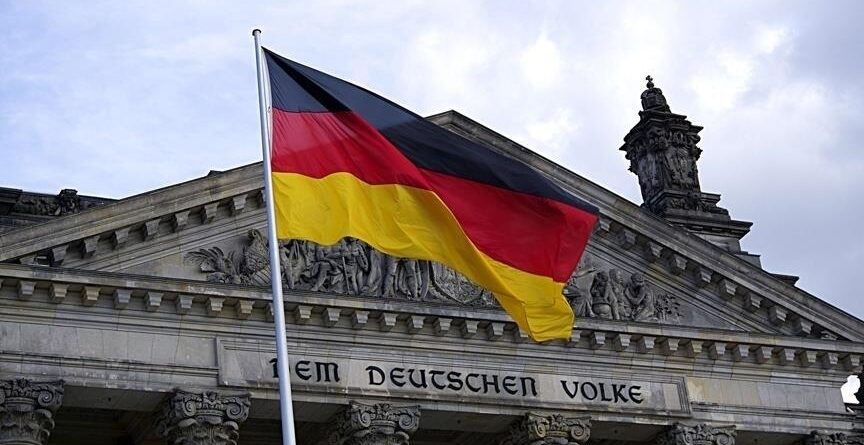German cabinet approves €300 energy relief payment for pensioners
The German cabinet has approved a one-time payment in December for pensioners to provide relief for rising energy bills.
The €300 payment is to be paid out by December 15th, Labour Minister Hubertus Heil, of the Social Democrats, said on Wednesday following the cabinet meeting.
The cabinet also decided on a higher upper limit for people with so-called midi-jobs, which is a type of marginal employment in between a mini-job (which is generally exempt from taxes and social contributions) and full-time employment.
Politicians in the coalition government, made up of the SPD, Greens and FDP, agreed on the measures in September as part of their third energy relief package.
Heil said the state was “standing by people” at a time when the cost of living was rising.
Why are pensioners receiving a special payment?
Germany has put together several major relief packages to help people financially since the start of the energy crisis.
One of the most high profile support measures, which was announced back in March this year, was a €300 taxable payment given out to people in employment. That was paid out in employees’ September pay packets.
However, the government was slammed at the time as millions of pensioners were left out from the relief. It was only valid for taxpayers in tax brackets I to V.
According to the Federal Ministry of Social Affairs, a lump-sum energy payment will now be paid to all those who are entitled to a statutory old-age pension, pension for reduced earning capacity or surviving dependents’ pension, or to pension payments under the Civil Service or Soldiers’ Pensions Act from December 1st until December 15th.
Pensioners have to live in Germany to be entitled to the payment. According to the ministry, the payment is made automatically – people do not have to apply for it.
The energy allowance is not counted towards income-related social benefits and is not subject to social security contributions, the ministry emphasised. The government estimates the costs of the payout at about €6 billion.
Read More @TheLocal
241 views










